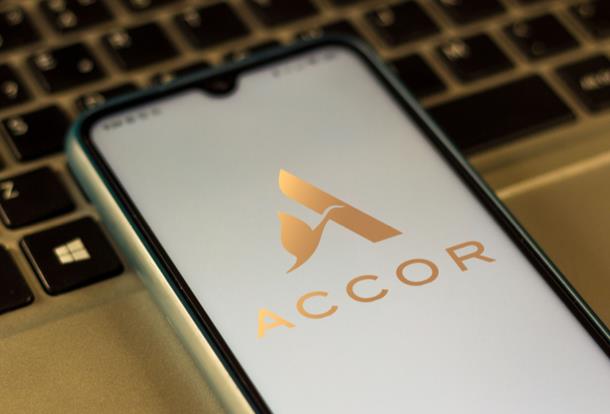Thus concluded a panel of owners and operators titled “Disruption 2020: The digital marketplace” at the Revenue Strategy Summit.
“We’re still stuck in the Stone Age,” said Shai Zelering, managing director of operations and asset management for Thayer Lodging, Brookfield Hotel Properties. Instead of investing in new technologies, hoteliers are more obsessed with new guestrooms amenities that ultimately don’t matter, he said.
“It’s about priorities,” he added.
To that end, panelists identified the two major disruptors that require the industry’s immediate attention.
1. Mobile—and the technological changes driving it
Here’s an all-too-common conundrum for operators: A guest books a room via an online travel agency on his iPhone while sitting in your parking lot. Why? Because he thinks he’s getting a better rate or experience than that offered by your own website or your front desk.
The scenario, posed by Mark Carrier, president of B.F. Saul Company’s Hospitality Group, “exposes a number of fault lines we have in how we work and how our industry is organized,” he said.
The lack of a seamless mobile booking experience on many hotel websites is one of them, the panelists said.
Some brands do it well. Some OTAs do it better. Some sharing-economy platforms, such as Uber or Airbnb, do it best, they said.
Hotel companies always lag other sectors in such technological endeavors, Zelering said. That’s a source of frustration for owners such as Thayer Lodging, Brookfield Hotel Properties—particularly when it’s third-party management companies that are standing in the way of advancement.
“We have many management companies that don’t want to adopt those technologies early on,” Zelering said.
Carrier placed the blame on all stakeholders in the industry’s complex, fragmented landscape.
“We don’t concentrate often on the leaping-ahead technologies that are necessary to stay at pace with the disruption that’s going on,” he said of owners, operators, assets managers and more. “We’re going into battle with our hands tied behind our back because we don’t have the technology available to do all the things we want to.”
For that reason, Zelering thinks hotel companies should stay out of the technology game and outsource it instead.
“Much better ideas will come from there versus what hotel companies will fumble around with for years to come,” he said.
Mark Morrison, VP of corporate strategy at Hilton Worldwide Holdings, recognizes there’s room for improvement but said hoteliers still can enact change from within.
“I was quite critical of our digital department six months ago, and they knew it,” he said of Hilton’s in-house team. But with the right resources and strategies behind them, “they’re racing ahead.”
Morrison pointed to the group’s app, which has rolled out significant improvements that make the mobile booking experience easier, as an example.
But such ground won’t always be gained, he added. Sometimes it’s better to stick to what you know (read: hospitality) and leave the rest to third-party experts.
“We need to think about what things we’re going to build in-house, what things we’re going to partner and what things we’re going to buy,” Morrison said.




